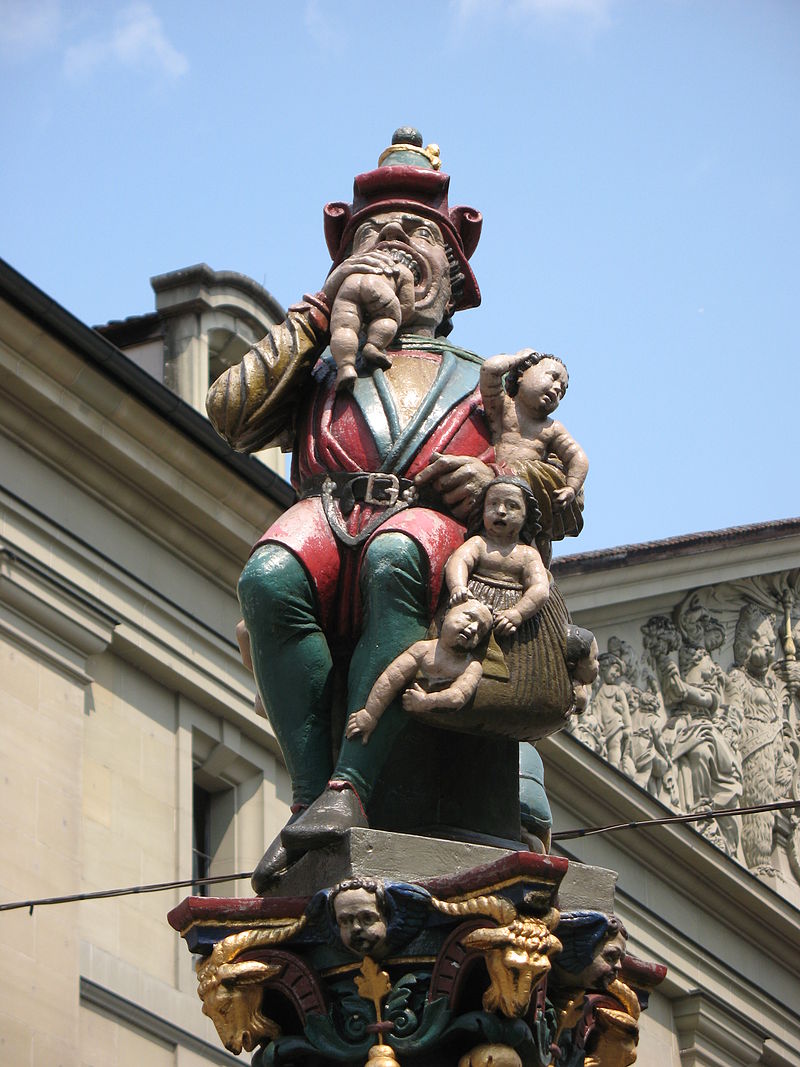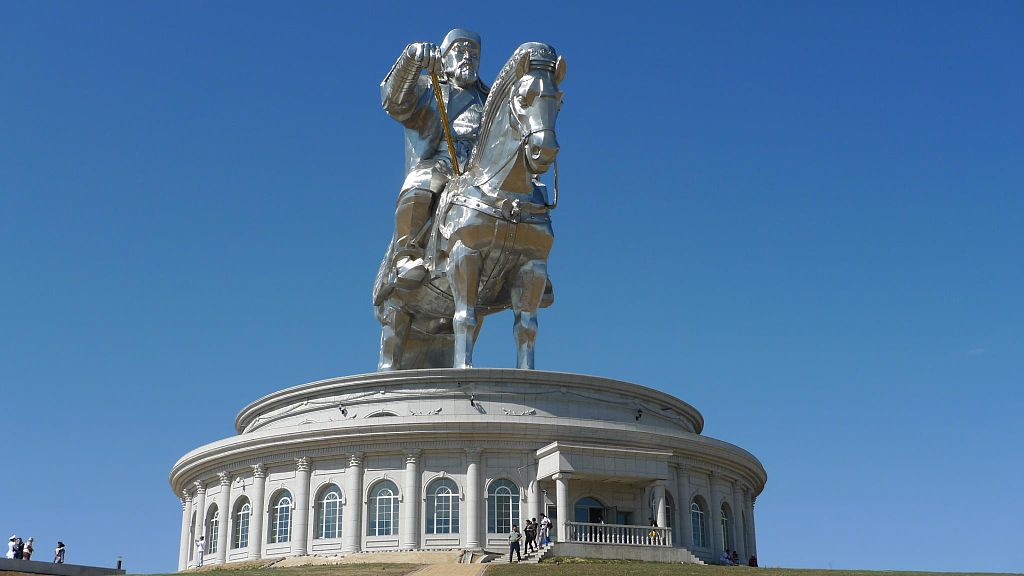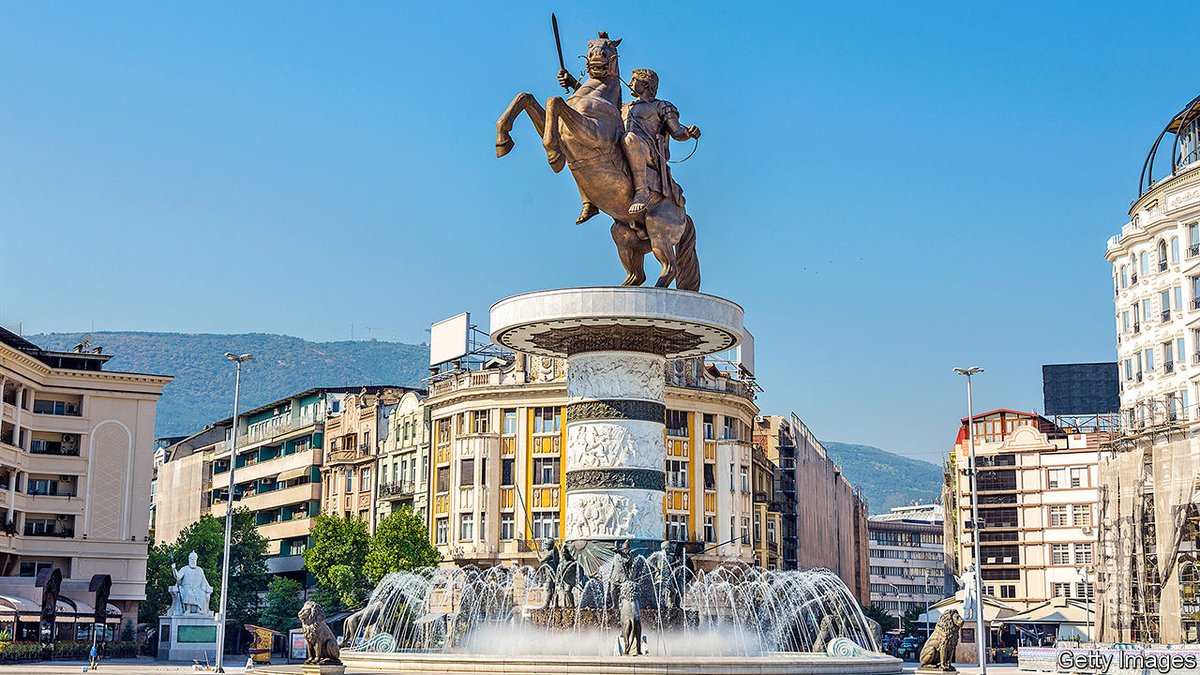क In my last thread on statues I said I& #39;d question the assumption that having a statue around (and not taking it down) means we& #39;re honouring the person represented (even if I concede that the people who put statues up often mean to honour the person represented)
ख Part of the reason for this is that the people who set statues up aren& #39;t usually around any more. They meant to honour person X, but that doesn& #39;t mean people in the present do
ग Granted, we may choose actively to honour statues put up in the past, e.g. by placing a wreath or doing a ceremony on Anzac Day or November 11th. But how many monuments receive this kind of attention? (Even when they do, how many receive community-wide commendation?)
घ My sense is that most people don& #39;t care or know much about local statues. I don& #39;t have any survey data, but as a history tragic I often find myself asking people in foreign towns about statues. Often the answer is & #39;Yep, lived here all my life, but no idea who that is, sorry& #39;
ङ Recently I came across a bust of Wakefield tucked away somewhere in Wellington. Even as a history tragic, I had no idea who he was and still don& #39;t (meant to look him up, but never did). Does that bust being there mean that I& #39;m honouring a man I& #39;d never heard of?
च There& #39;s another, related assumption I& #39;d like to question in the second half of this thread. Even if it& #39;s true that statues are put up to & #39;honour& #39; someone in a broad sense, is this honouring always the same as moral approval?
छ There are, for starters, lots of statues of gargoyles, demons, etc. in public places around the world. In some sense I suppose they& #39;re being & #39;honoured,& #39; but you& #39;d hardly say that the Kindlifresserbrunnen (& #39;child-eater fountain& #39;) in Bern is sanctioning child-eating.
ज It& #39;s my understanding that in Transylvania, local guides are happy to give tours of & #39;Dracula sites.& #39; Does this mean blood-sucking is OK in Romania? No - it& #39;s probably just that Dracula has become part of the personality the region.
https://rolandia.eu/en/blog/discover-romania/a-tour-of-romania-s-dracula-sites">https://rolandia.eu/en/blog/d...
https://rolandia.eu/en/blog/discover-romania/a-tour-of-romania-s-dracula-sites">https://rolandia.eu/en/blog/d...
झHe& #39;s not admirable, just has a certain power or coolness. The Greeks who were involved in cult to Oedipus, Agamemnon, or Orestes probably felt a similar way - and those cults aren& #39;t evidence that the Greeks were down with mother-murder, daughter-murder, father-murder, or mother-
ञOK, but these aren& #39;t historical figures! Some Greeks did view those figures as more historical than we would, but point taken. Is it true that all statues to actual historical figures signal moral approbation? I& #39;m not sure this is true either.

 Read on Twitter
Read on Twitter




